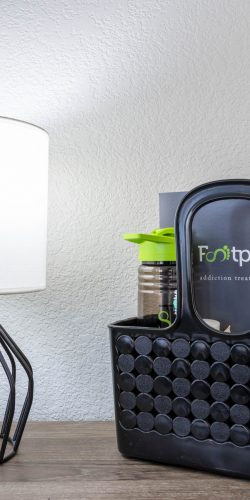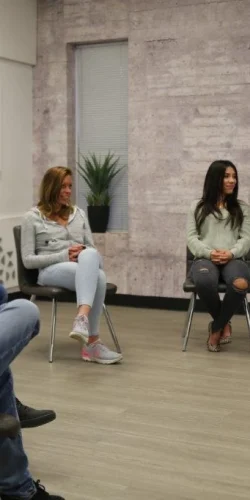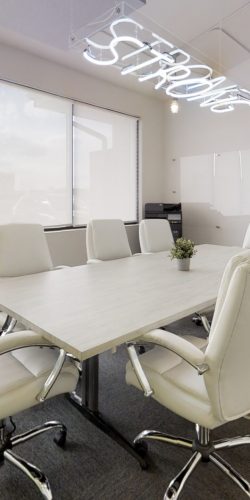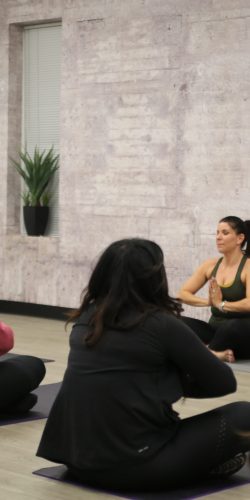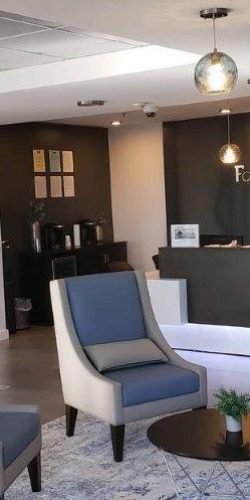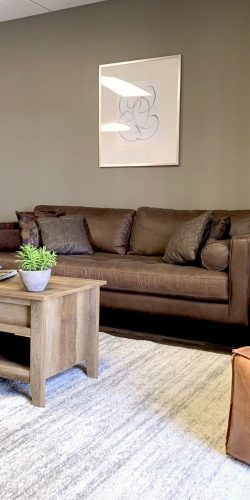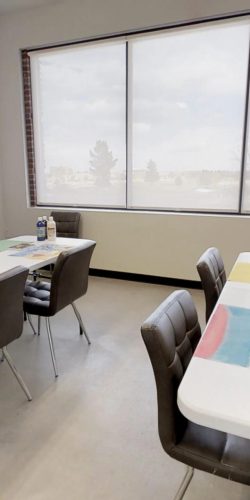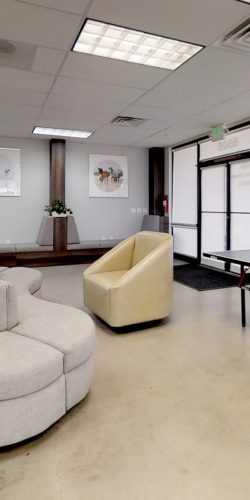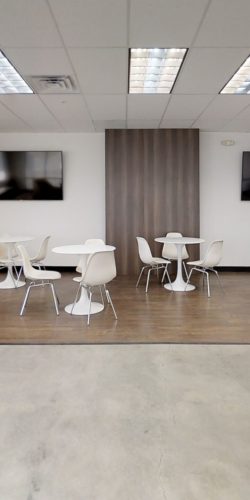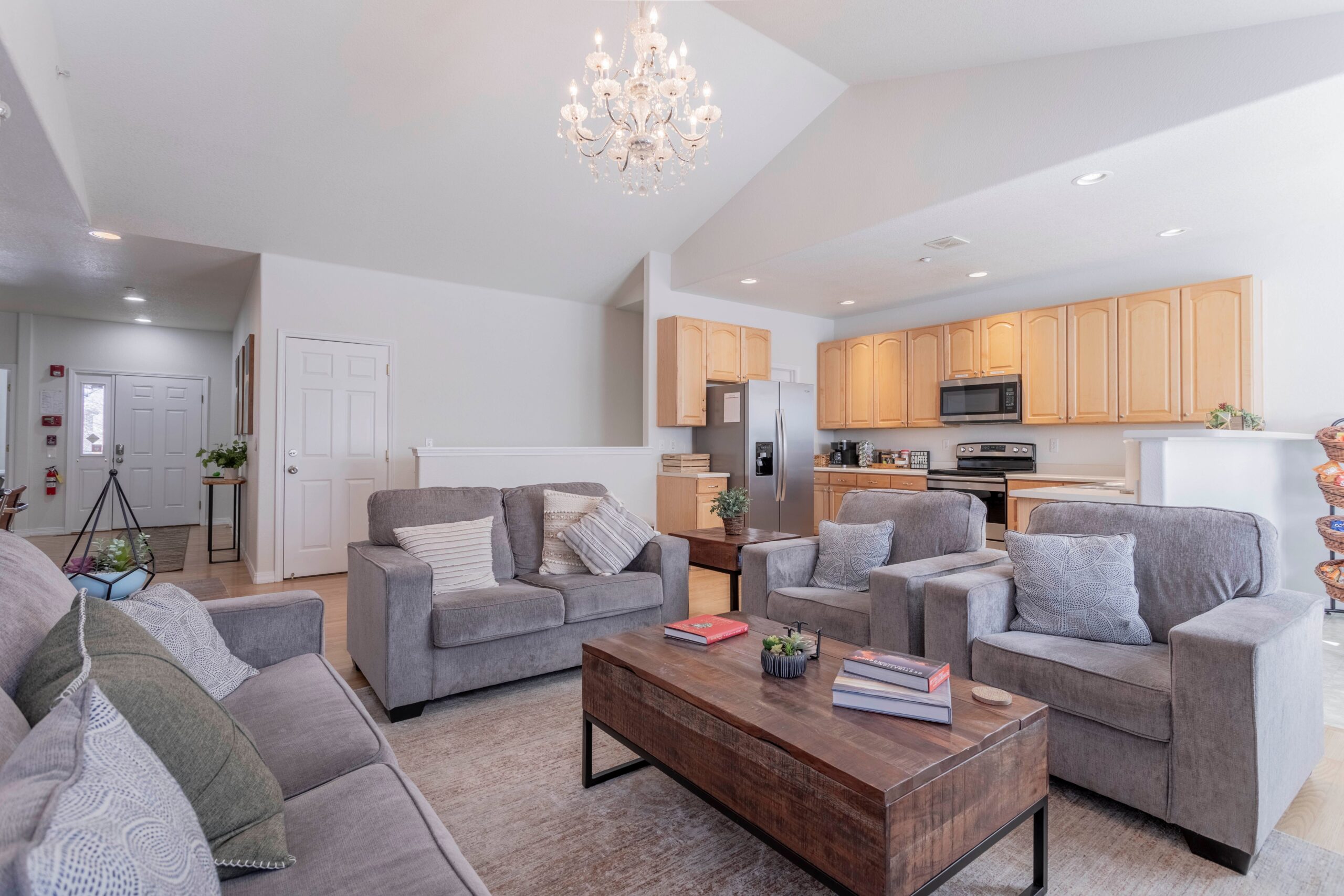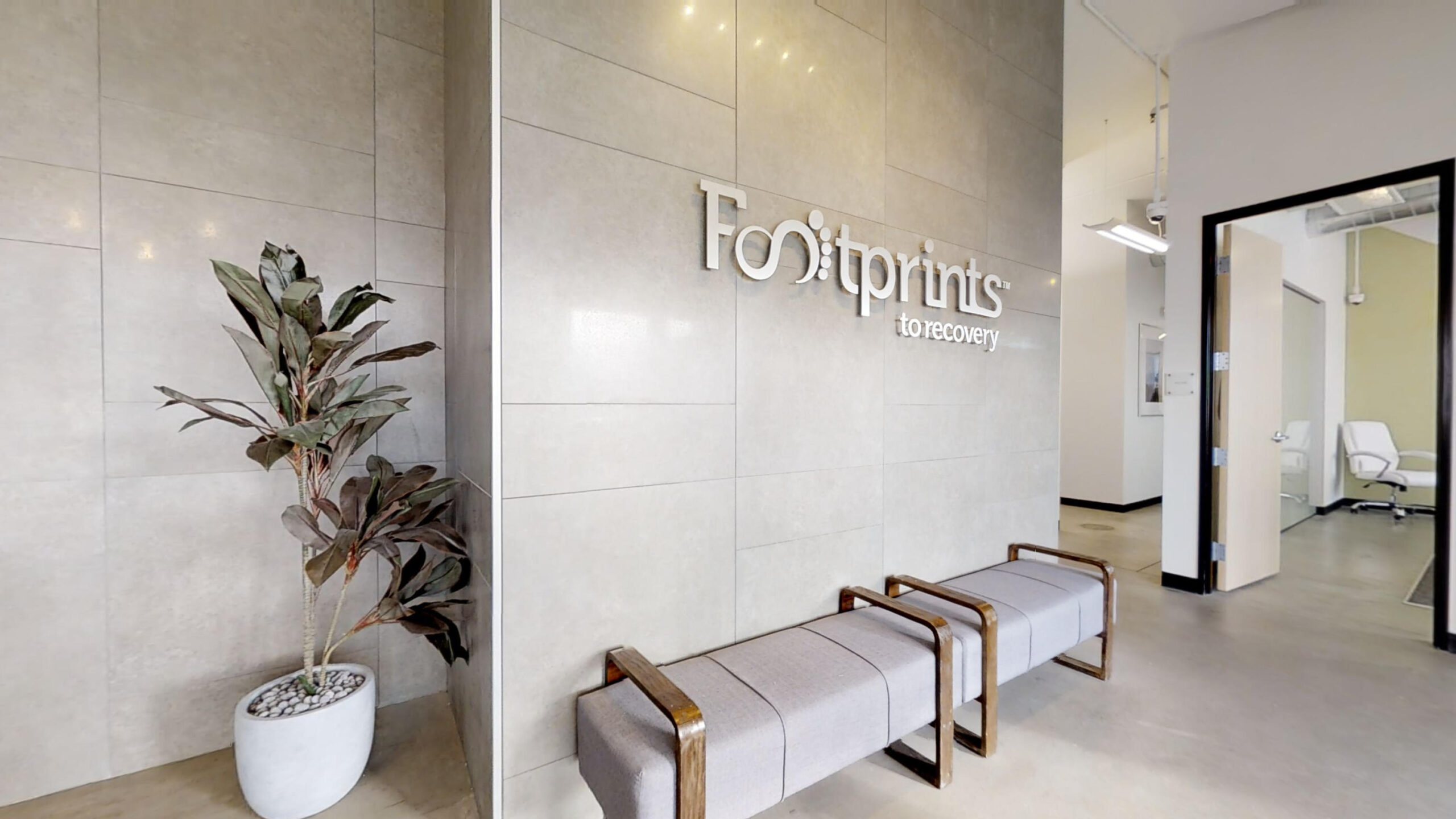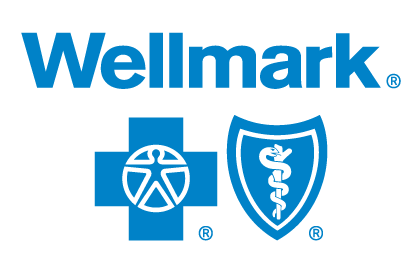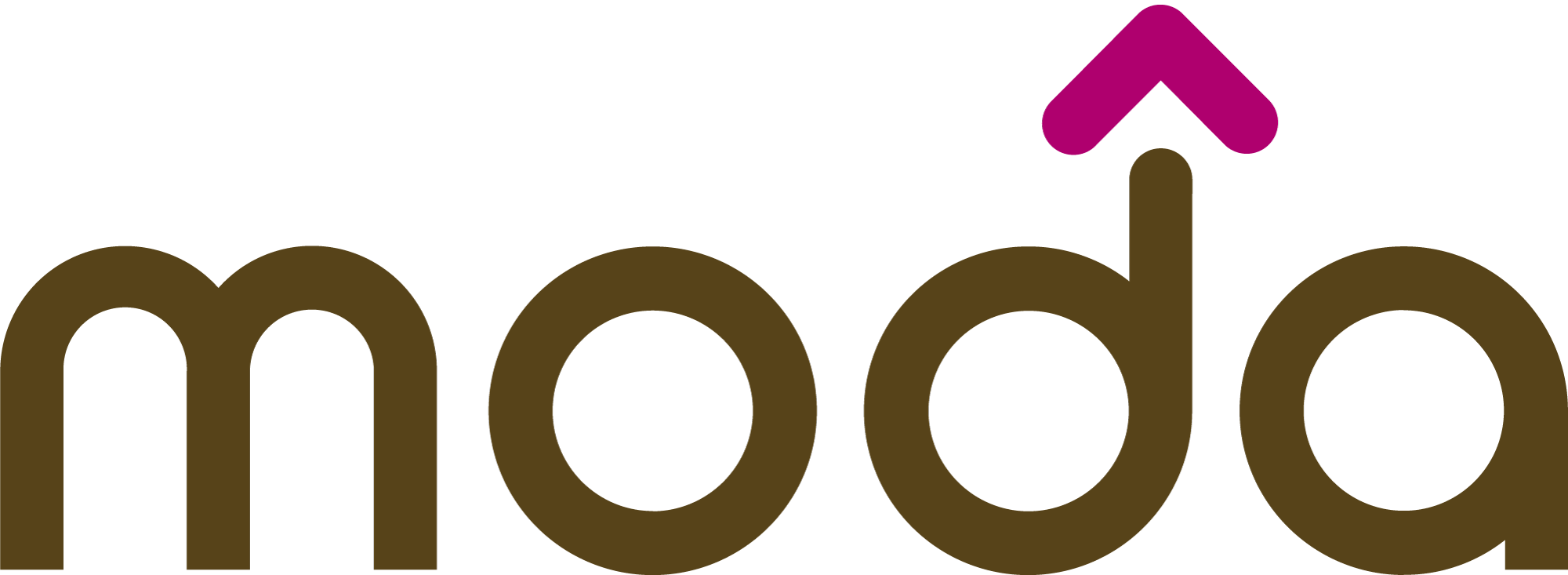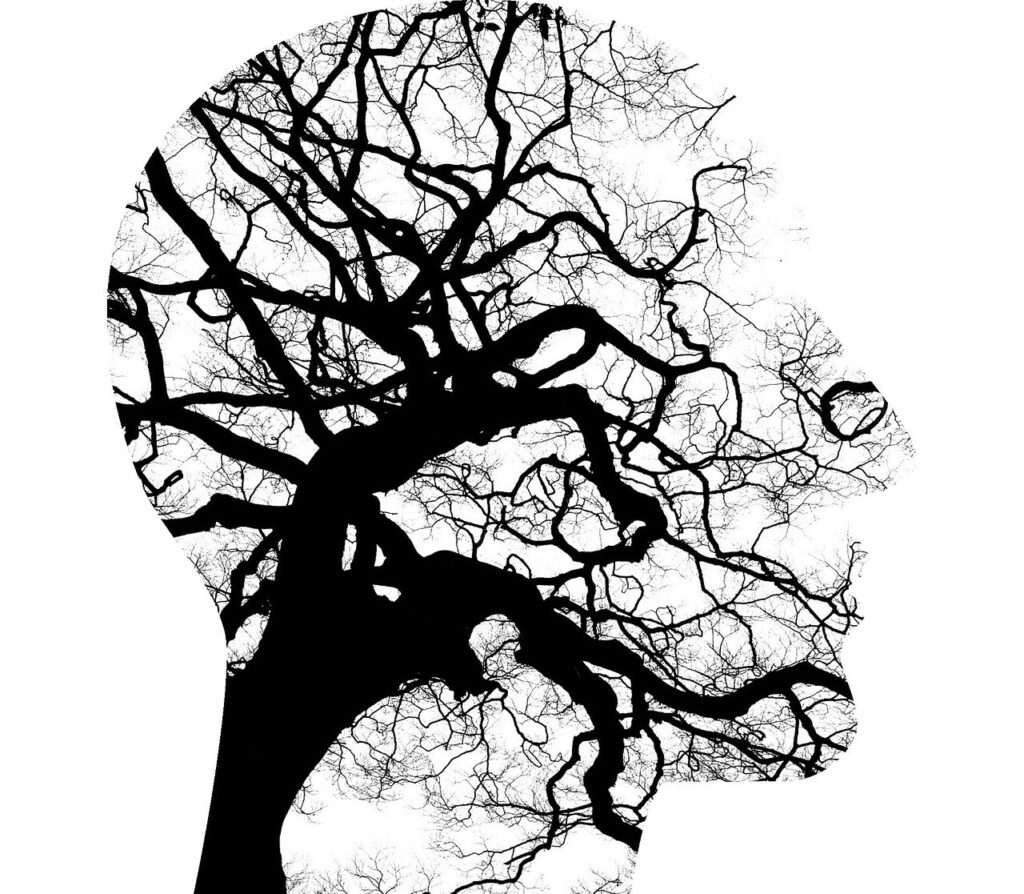Inpatient residential at Footprints to Recovery is heavily focused on recovering the mind from the thoughts, behaviors, and actions that once perpetuated your alcohol consumption. We rely on our experienced clinical team to collaborate with you in identifying what drives your alcohol abuse— many people may abuse alcohol, but not everyone will do it for the same reason.
Here is what happens during our inpatient residential program:
A) Our clinical team will craft a detailed treatment plan for you, which acts as a guideline for the therapies and topics you will work through during your time with us.
B) You will also be assessed and evaluated by a psychiatrist for any co-occurring disorders (i.e. depressive disorders, anxiety disorders, bipolar disorder, etc.) which will factor into your treatment plan.
C) We are a dual diagnosis treatment provider, so any co-occurring disorders will be treated simultaneously with your alcohol use disorder.
D) To help you uncover the drivers behind your alcohol abuse, you will work with your primary therapist, therapists with specializations (Trauma-Focused Cognitive Behavioral Therapy (TF-CBT), LGBTQ+ Allies, Eye Movement Desensitization and Reprocessing (EMDR), and more), and certified mental health counselors.
During this level of care, you will still have medical professionals available to you 24hrs, therapist assistants 24hrs, as well as an on-call therapist for anything that may come up after hours. Our clinical team at Footprints to Recovery is impeccable, accommodating, and accomplished. Our team’s expertise is what sets our programs apart from others.

